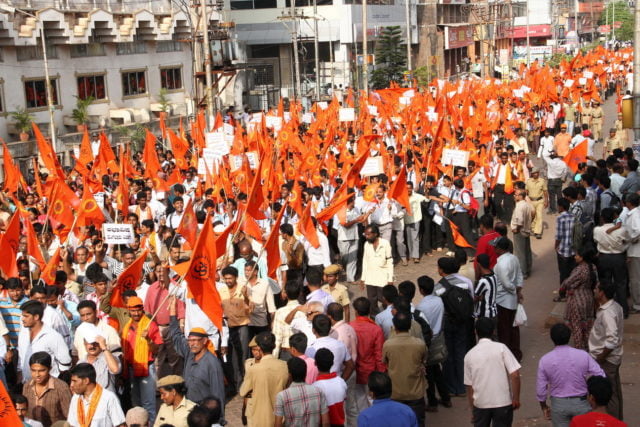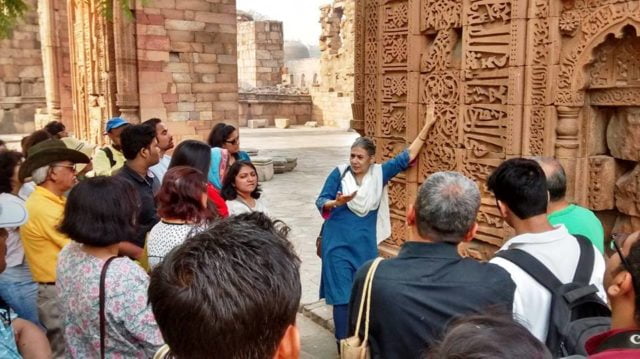India has an exhaustive history of communal tension between Hindus and Muslims. Thousands of people have lost their lives due to communalism, right from partition to Gujarat 2002.
Scholars over the years have studied communal violence and listed various reasons for it, ranging from systematic orchestration by a state to fear of the other community taking over economically or numerically.
However, one aspect that helps both the communities to stay together is being familiar with each other’s community. When a community is familiar with the other, the myths and false news/information get checked.
Hence, a system of check and balance is established and a notion that the other community is not evil. This can also lead to the formation of strong emotional bonds between communities.
Policy suggestions
There is a pending bill on Communal and Targeted Violence that should be adopted. This bill tries to check any occurrence of such activities that pose a threat to communal harmony.
In addition to this bill, we can add sections that not only try to prevent communal violence but aim at removing communal tensions from its roots or in other words promote harmony.

Personal bonds
To establish personal bonds the State Authority for Communal Harmony, Justice and Prevention, mentioned in the bill, can appoint a person at the city level who looks after the formation of Mohalla Samooh.
This body can be formed of 200-300 households in a neighbourhood. It can consist of 20-30 members who keep changing every year. It should be representative of all the caste and religions present in its region.
The task of Mohalla Samooh will be to organise festivals of all the communities that it represents and looking after cleanliness and other things like street lighting. Maintaining community parks can also be one of the jobs of the Samooh.
It can host meetings where all households are called once a month. This will promote conversations between communities.
Also read: Hidden Community Of Muslim Kasgers In Lucknow Don’t See Ram Mandir As A Dividing Issue
Associational bonds
Trade unions are great for bringing people together irrespective of their religion or caste as in a trade union each person’s motive is to seek economic interest and fair working conditions with each other’s support and that is what unites them.
One trade union can be made compulsory in a city in the area of its most important local industry or in local handicraft. For example, in Hyderabad, it can be the industry of bangles.
Promoting economic ties
Economic interdependence among communities can also be promoted by the Ministry of Micro, Small and Medium Enterprises where it can give incentives to those requiring loans for non-IT start-ups on the condition of proportional representation of more than one community.
Representative development
Periodic Heritage Walks can be organised at the city level. It will familiarise the youth with the cultures present in the city.
Government schools can have the option of opting to learn Urdu. This will not let the minority feel that they are neglected and familiarize the other community with their language.

Why familiarity is important?
Mostly we love someone when we are attached to them and attachment is formed due to knowing and spending time with them for a long time, essentially due to familiarity.
Hence, promoting collective human linkages will help in promoting amity between different communities.
Picture credits: Google Images
Sources: PRS India
Find the blogger at @kumar_darshna
Recommendation:
ED VoxPop: According To Millennials, Why Does Communal Tension/Violence Exist In India?































